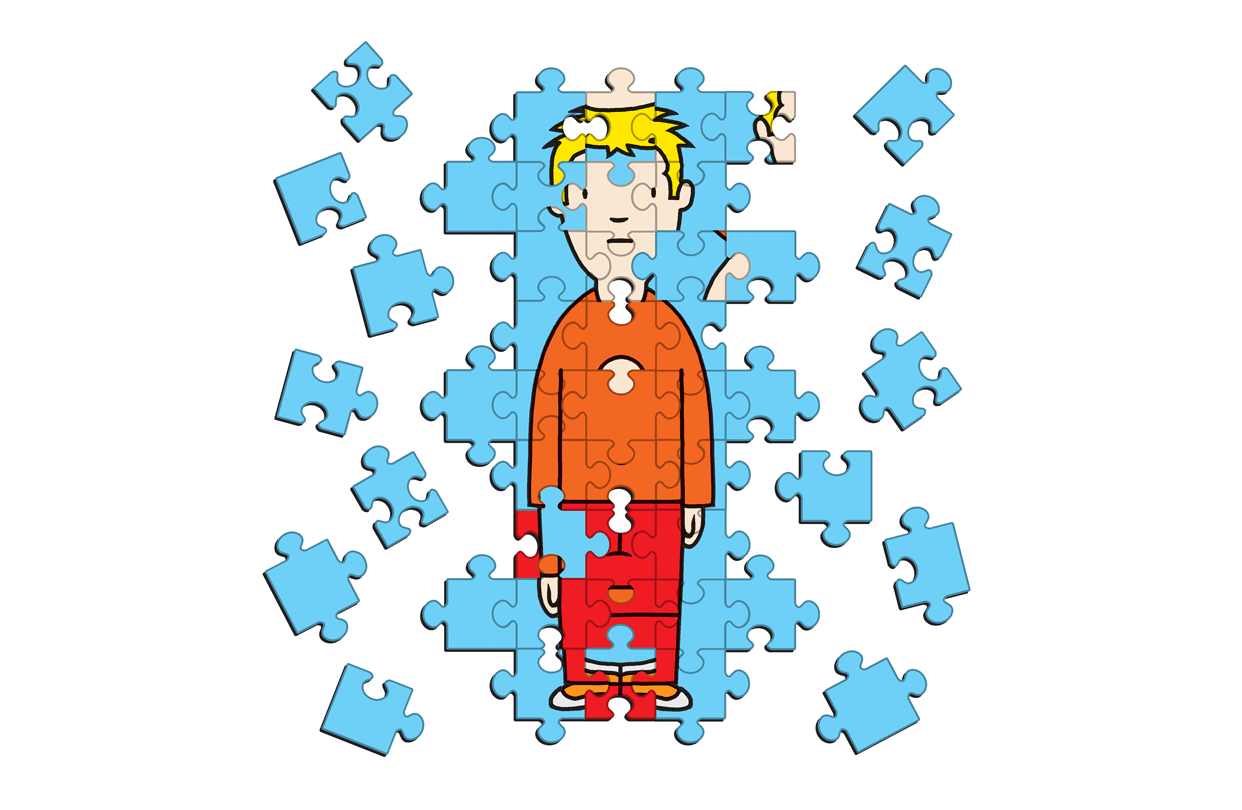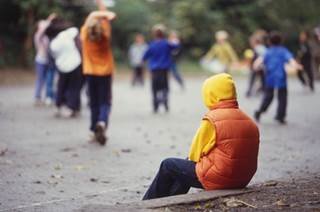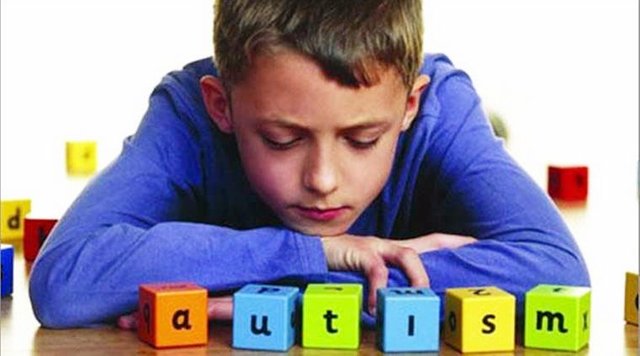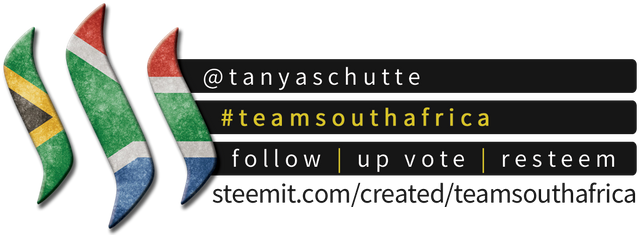Children with special needs #5: Autism Spectrum Disorder
What is autism?
Autism, as it is better known between the everyday people, is a complex neurobehavioral condition that includes impairments in one or more of the three following impairments
- Social Interaction
- Developmental language
- Communication skills
These are also combined with rigid, repetitive behaviors.
Autism has a variety of symptoms and in the recent years it has been reclassified as Autism Spectrum Disorder (ASD). It ranges in the severity from a handicap that can limit the individuals ability to live a normal life to a devastating disability that may require the individual to be institutionalise.
Signs of Autism
Types of Autism
1. Autistic Disorder
These individuals experience most or all of the signs of autism but at a very intense level.

Image by Wall Street Journal
2. Asperger's syndrome
Asperger's is classified on the milder side of the spectrum. These individuals are most of the times very intelligent and they are able to handle their daily life. They more often than not are very focused on topics that interest them and they can discuss it nonstop. It might also seem as if they are obsessed with this topic. But they have a hard time to fit in socially.
3. Pervasive Development Disorder
These are those individual's whose autism is more severe than Asperger's but not as severe as autistic disorder.
Possible Causes of Autism
Since the cause of autism is one that divides people I have decided to rather qoute than to say in my own words:
Experts are still uncertain about all the causes of autism. In all likelihood, there are multiple causes – rather than just one. It appears to be that a number of different circumstances — including environmental, biologic, and genetic factors – set the stage for autism and make a child more likely to have the disorder.
There is reason to believe that genes play a major role in the development of autism. It has been found that identical twins are more likely to both be affected than twins who are fraternal (not genetically identical). In a family with one autistic child, the chance of having another child with autism is about 5 percent – or one in 20 – much higher than in the normal population.
Sometimes, parents or other relatives of an autistic child have mild social impairments (such as repetitive behaviors and social or communication problems) that look very much like autism. Research also has found that some emotional disorders (such as manic depression) occur more often in families of a child with autism.
At least one group of researchers has found a link between an abnormal gene and autism. The gene may be just one of three to five or more genes that interact in some way to cause the condition. Scientists suspect that a faulty gene or genes might make a person more likely to develop autism when there are also other factors present, such as a chemical imbalance, viruses or chemicals, or a lack of oxygen at birth.
In a few cases, autistic behavior is caused by:
Rubella (German measles) in the pregnant mother
Tuberous sclerosis (a rare genetic disorder that causes benign tumors to grow in the brain as well as in other vital organs)
Fragile X syndrome (the most common inherited form of intellectual disability)
Encephalitis (brain inflammation)
Untreated phenylketonuria (PKU) – when the body lacks an enzyme needed for normal metabolism
In the past several years, there has been interest in a theory that suggested a link between autism and the use of thimerosal, a mercury-based preservative used in the measles-mumps-rubella (MMR) vaccine. Although mercury is no longer found in childhood vaccines in the United States, some parents still have concerns about vaccinations.
However, many well-done, large-scale studies have now been performed that have failed to show a link between thimerosal and autism. A panel from the Institute of Medicine is now examining these studies. The reports include a large Danish study that concluded that there was no causal relationship between childhood vaccination using thimerosal-containing vaccines and the development of an autism spectrum disorder and a U.S. study looking at exposure to mercury, lead, and other heavy metals. Both the American Academy of Pediatrics and the Centers for Disease Control and Prevention asert that there is no link between autism and the MMR vaccine or any other vaccine.
Other potential causes of autism are environmental toxins, including pesticides and heavy metals such as mercury. Heavy metals are certainly more commonly encountered in the environment now than they were in the past. It may be that people with autism or those at higher risk for developing it are more sensitive than others to these toxins.
Source
How can we help?
There is no certain way in which we can help those with autism, but here is some sites that can be visited for some advice:
https://www.helpguide.org/articles/autism-learning-disabilities/helping-your-child-with-autism-thrive.htm
http://www.autisminitiatives.org/about-autism/what-is-autism/how-to-support-a-person-with-autism.aspx
https://www.autismspeaks.org/science/science-news/ten-ways-support-someone-autism

Who does autism spectrum disorder affect?
Autism doesn't affect just a certain class off people, it can affect anyone no matter what your financial status. There are some big names in sport who's children has autism and some of them are big autism fighters.
- Ernie Els (South African Golf player)
He opened a centre The Els centre of Excellence focusses on support for autism. His son has autism.

Image Source
Ernie Els is one of my personal sportshero's amd thus the reason for mentioning him. - Here is a list of celebtrity dads who has kids with autism:
http://kerrymagro.com/10-celebrity-dads-who-have-a-child-with-autism/








Hello,
Your post has been manually curated by a @stem.curate curator.
We are dedicated to supporting great content, like yours on the STEMGeeks tribe.
If you like what we are doing, please show your support as well by following our Steem Auto curation trail.
Please join us on discord.
Congratulations @tanyaschutte! You have completed the following achievement on the Steem blockchain and have been rewarded with new badge(s) :
You can view your badges on your Steem Board and compare to others on the Steem Ranking
If you no longer want to receive notifications, reply to this comment with the word
STOPVote for @Steemitboard as a witness to get one more award and increased upvotes!
There are several factors that determine your child's ability to be an engaged student and functional member of society. This includes the environment in which he or she lives, along with his or her socioeconomic status, as well as support at home, school and medical facilities and also check the full details for top schools for autistic students in the US. For example, a child who lives in a neighborhood where there is little or no social interaction may struggle to develop friendships and participate in activities normally enjoyed by children.